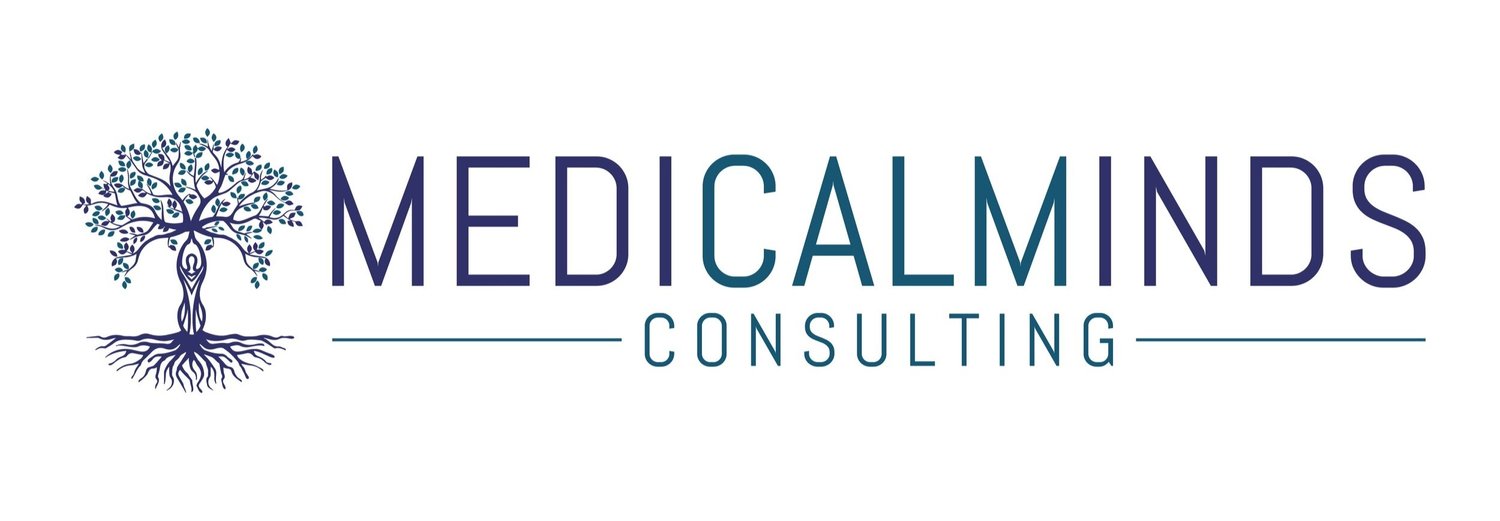Latest Journal Posts

Honoring Grief's Season: A Guide to Embracing and Releasing Loss
This year I have become reacquainted with grief. Grief is not anyone’s idea of a desired companion. And yet, to be alive, to be in the world, to love, is to inevitably invite grief into your life. Grief is an interesting emotion. Unlike some which blaze and extinguish, grief rolls in and out like the tide, catching you off guard when you take your eye off it, it can slap you to the shore when a rogue wave hits you, unsuspecting and unprepared.

Did You Receive Informed Consent for Medical School and Training?
Summer marked the start of medical school, with July being when clinical rotations commenced in the third year and when the transition to the fourth year occurred. July was when internship began, followed by each new year of residency. Fellowships began later but still in the summer. Each year brought advancement and a new role commenced, finally culminating in graduation to being an attending. An independent practitioner. Free to practice medicine out in the real world. With each advancement, I found myself thinking, “I’m not ready for this. And yet, I can’t imagine what would have prepared me further.” This makes me wonder, did I receive informed consent for medical education and training? Did you?

Doctor's Orders for a Cheerful And Healthy Internal Garden
There may be some seeds in your garden that you didn’t plant or mean to plant. Seeds of discontent and burnout, born out of stress and dissatisfaction due to the pressures of our daily lives.
I believe deep-seated systemic problems plant the seeds of burnout. When we feel powerless and devoid of agency, these seeds find fertile, moist ground in which to thrive. Focusing on what you can’t change brings nutrients and other growth elements. Because when you think you’re trapped, you feel trapped. And then the seedlings germinate and grow relentlessly. Like weeds.

Oh, Crap! When You’re Trying to Know Everything
Doctors have been conditioned since childhood to experience not knowing information as a trigger. Daily messages telling you you're not doing it right bring back memories of implied or overt criticism from school and training. There are steps you can take to minimize this effect.

More Residency Regrets and Faux Enemies
In my last newsletter, I delved into the tension between orthopedics and radiology in residency training and one of the transformative impacts of technology on the field. Today I want to discuss a significant shift that occurred during the transition from resident to attending. This transition brings about various changes, and one of them stands out–the shift in perspective from “us vs them tribes” to being on a multidisciplinary team.

Confessions of an X-Ray Thief
There have been changes to how residents are taught, with the hours they work. There has traditionally been a lot of pushback to this.
The unhealthy pushback goes like this: “I was trained that way. I’m fine. I survived, they can survive too!”
The healthier pushback also has concerns: “If they work fewer hours, they’ll see less patient care, participate in fewer surgeries, and not see the same evolution of a patient’s condition, following the clinical course from beginning to end. This could hurt their eventual knowledge base and clinical acumen.”
Subscribe to get the occasional newsletter
That will respect your privacy and time
